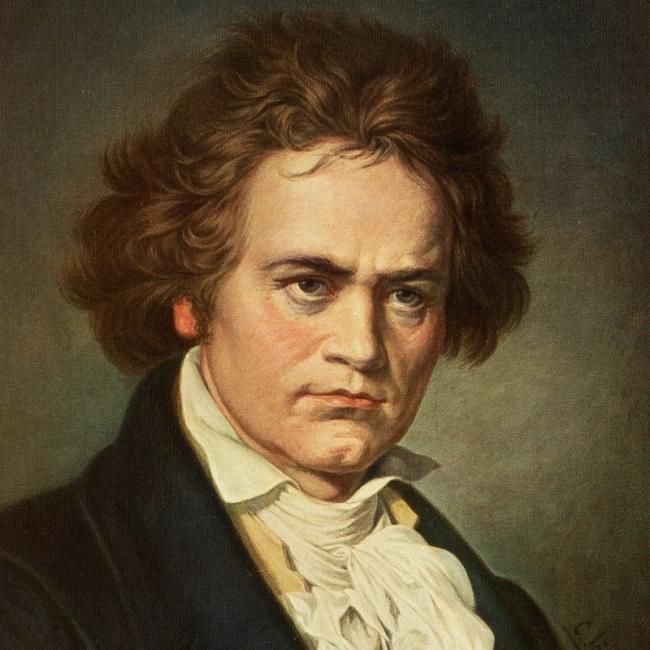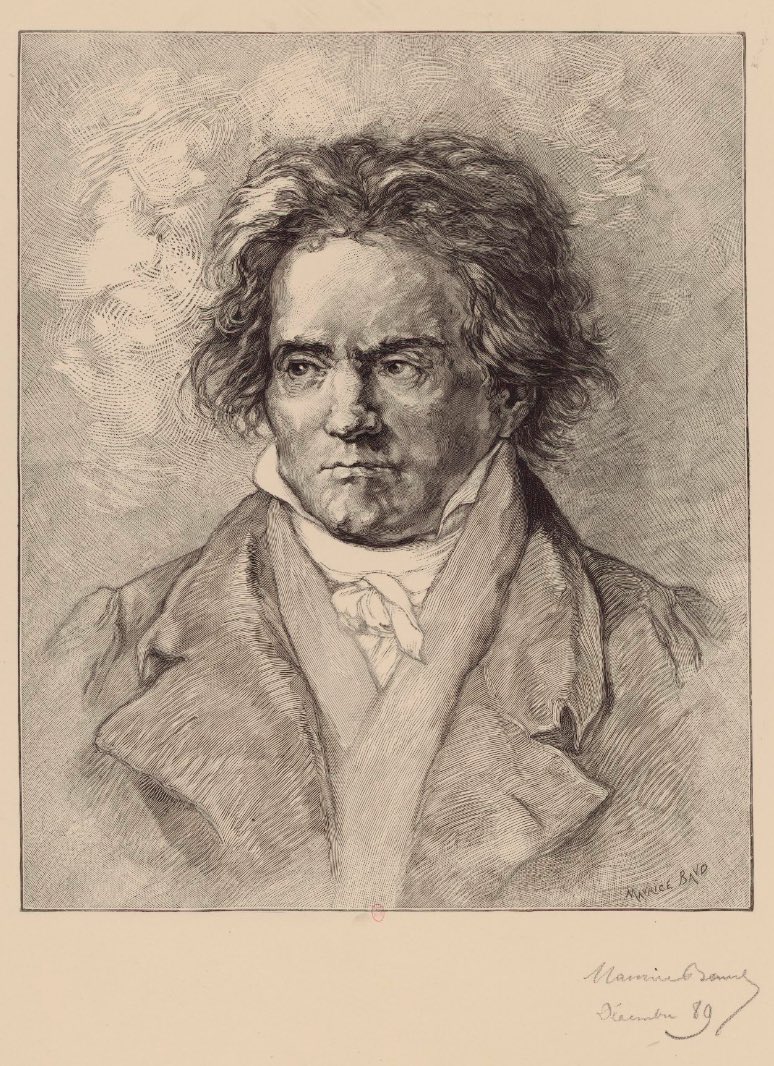❤ this tweet and I will write something about you...
1917: I see you as someone who is averse to most contemporary fads and trends. This is something I deeply admire because too many people have no more regard for the beauty of tradition of the past. I am happy to find in you a person who does possess this sense of nostalgia.
9: your Tweets encourage me to reflect on the music I love, and inspires me to look beyond the music I know. Sometimes you propound fascinating riddles, and your posts make me look further in music. You certainly are an enrichment to my timeline!
76: your passion for music is undeniably great, and I have indeed much enjoyed what you shared here, both pictorial material of various people from musical history and recommendations of musical works. Keep on doing what you are doing on here!
23: As a player of music yourself, your insight in technical matters of music is profound; but you tend to approach the subject with great wit. Other reflections and the great examples of records in your collection provide a delightful and very interesting mixture.
8: we hebben nog niet echt heel veel uitgewisseld, wel heb je een ontzettend leuke tijdslijn en weet je interessante en opvallende zaken te delen. Absoluut complimenten ook voor je wederhelft, die ik iets beter ken, wier inzicht in politiek en maatschappij je ongetwijfeld deelt.
16: you uniquely combine what is typically viewed as rough and manly with the deep care you devote to the people you love in your life and with the refinement which is usually associated with the instrument you play. The great passion for all you do shines through in everything.
10: u bent een bijzondere musicus, een poëet op de piano. Uw visie op muzikale zaken is dichterlijk te noemen want, hoewel ik er niet exact de vinger op kan leggen waarom, proef ik in uw keuze van repertoire altijd iets unieks ten opzichte van andere artiesten.
24111859: Je bent vrij uniek in mijn “bubbel” als het gaat om de combinatie van interesses en maatschappelijke visie. We hebben enkel online interactie gehad, maar ik denk dat ik door de Tweets heen kan concluderen dat je ook in het echt ontzettend aardig bent.
24: I love the books on music, music or jokes which you share; the jokes make me smile and the music I often don‘t yet know; the books too, are often fascinating finds! Through the magic of Twitter translations I can easily read your non-English Tweets as well and enjoy them!
1607: why, a most charming chap with a big, booming voice and a taste for music that explores the edges of convention. Your beard is of especial magnificence as well!
13: we do not seem to interact very much, at least until now, but you seem to be right there where classical music and Art meet more contemporary styles, an outlook on life I consider quite valuable!
12: you are a person with an immensely positive outlook on life and this is something which is rare in the present world. It is always a joy to see you on my timeline or to interact.
11: one of the very first music fanatics I found on Twitter and a gentle and sunny person, I love the recommendations of great music you often Tweet, and many times, I learnt of works and composers I did not yet know. I pray that you may always remain here to everyone‘s benefit!
2.71728: how is the harmony of a certain Leitmotif constructed? How do they develop? All such things you take the time to pick apart and share with the world. As someone who deeply believes in education, I can only offer profound praise for these efforts!
01123581321: a love for Wagner or the old masters is never wrong, so too is the case with you! Please remember to occassionally turn a little from the darkness of today‘s world and dream of a more beauteous universe.
1879: you are an image of refinement, of grace and you possess a great love for beauty (the beauty of music, or poetry, to name but two matters of beauty).
Beyond this, however, you are also incredibly kind and it is this warm heart which profoundly illuminates all the rest.
Beyond this, however, you are also incredibly kind and it is this warm heart which profoundly illuminates all the rest.
737: to greet someone is to recognise their presence; in this light I consider the posts you often write containing “good morning” or “good night” quite important, certainly to people who might not often be greeted on the street or might scarce hear a “hello” that day...
“Numberless”: without a shadow of a doubt, we share a composer we both deeply adore! Your collection of vynil records and knowledge thereof is deeply impressive and I learn from you in such matters. A gentleman with impeccable taste and astonishing skill in playing the guitar.
1923: a most charming gentleman whose nose is pointed in the same direction as mine own in most matters of the world. An excellent taste in photographs and paintings suits you well and your musical taste is equally praiseworthy.
1103: light of my life, flower upon my soul. What can I say? Naturally I am biased and one might say therefore I view you in a rosy light; except I am convinced that, with you, it is not the light which is rosy—you yourself are.
• • •
Missing some Tweet in this thread? You can try to
force a refresh













